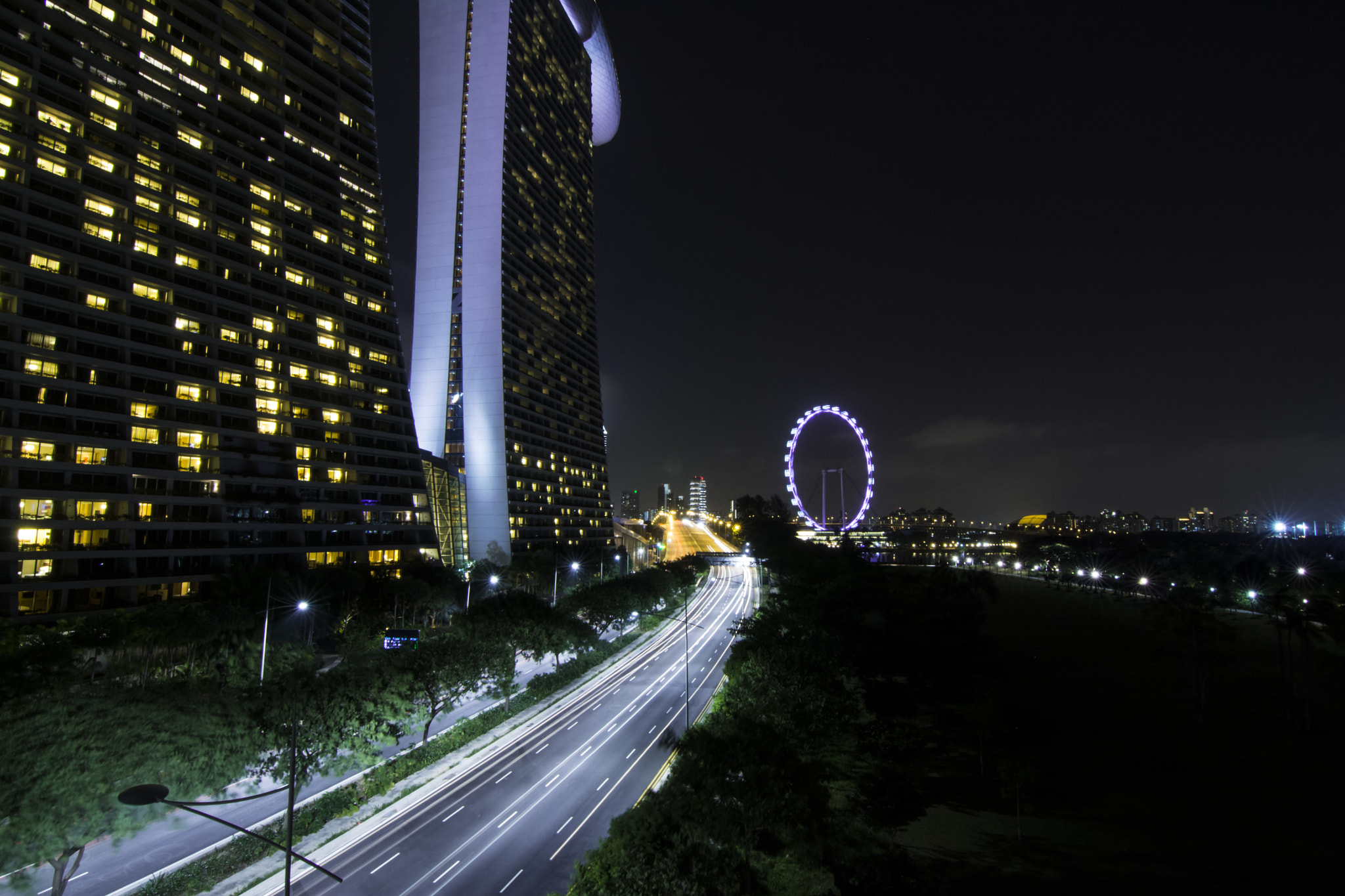
The Whittier & Fullerton line was cut in 1938, Redondo Beach, Newport Beach, Sawtelle via San Vicente, and Riverside in 1940. When the San Bernardino Freeway opened in 1941 but was not yet connected to the Hollywood Freeway, while the "Four Way" overpass was being constructed, westbound car traffic from the SB freeway poured onto downtown streets near the present Union Station. This was inaugurated comparatively late, on September 2, 1947. It left LA's new Union Station interurban yard on the west side of the terminal, turned north onto Alameda Street at 12:45 pm and reached San Bernardino at 4:40 pm, taking three hours for the trip while making postal stops en route as required. The Los Angeles-to-Long Beach passenger rail line served the longest, from July 4, 1902, until April 9, 1961. It was both the first and last interurban passenger line of the former Pacific Electric system. Oil tank cars were still shuttled to Signal Hill even as the surface street tracks were torn up from the center of Long Beach Boulevard long after the copper overhead catenary supply wires had been removed. A smoother surface is created by leveling out these defects and therefore a better final product.
1995: Device called "Mobile Assistant" or short, MASS, produced by Munich-based company ComRoad AG, won the title "Best Product in Mobile Computing" on CeBit by magazine Byte. The San Bernardino line, Pomona branch, Temple City branch via Alhambra's Main Street, San Bernardino's Mountain View local to 34th Street, Santa Monica Boulevard via Beverly Hills, and all remaining Pasadena local services were all cut in 1941. Permission was received in September 1942 to abandon the shuttle line to General Hospital which company officials said had been operating at a loss for several months. Traffic congestion was of such great concern by the late 1930s that the influential Automobile Club of Southern California engineered an elaborate plan to create an elevated freeway-type Motorway System, a key aspect of which was the dismantling of the streetcar lines, replacing them with buses that could run on both local streets and on the new express roads.
The MTA also purchased the remaining streetcar "Yellow Car" lines of the successor of the Los Angeles Railway, then called Los Angeles Transit Lines. The Metro Red Line subway opened next in three parts between 1993 and 2000, first from Union Station in central Los Angeles connecting with short subway which forms the northern terminus of Metro Blue Line at 7th/Figueroa Metro Center station, and then west under Wilshire Boulevard onward to Western Avenue. The Metro Green Line opened in 1995. Its right-of-way was planned from inception to be entirely isolated and protected, running in the median of Interstate 105, the Century Freeway west from Norwalk, connecting at Rosa Parks Station with Metro Blue Line, then further west to Los Angeles International Airport, and then south on elevated tracks to Redondo Beach. The Los Angeles Metropolitan Transit Authority was established in 1951 to study the possibility of establishing a publicly owned monorail line running north from Long Beach to downtown Los Angeles and then west to Panorama City in the San Fernando Valley.
Comments
Post a Comment